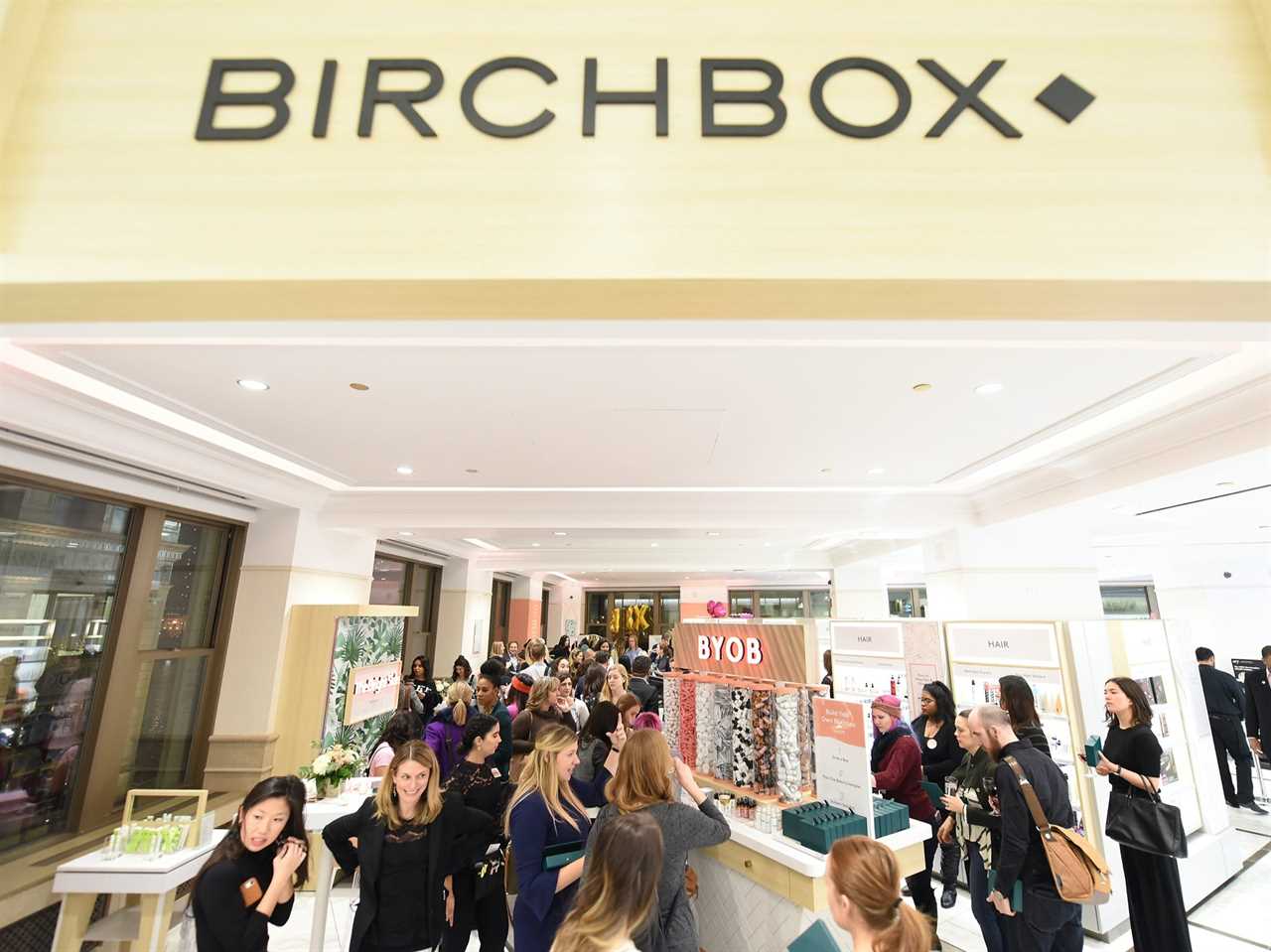
Daniel Boczarski/Getty Images
- Birchbox pioneered the monthly beauty subscription box and was once valued at nearly $500 million.
- But after some financial setbacks, Birchbox was acquired 10 years after launch for just $45 million.
- Now, vendors say Birchbox owes them money, and customers say they haven't gotten a box in months.
In 2014, Birchbox was considered a pioneer of the subscription box industry, boasting hundreds of thousands of subscribers and a $485 million valuation.
But late in 2021, the brand was acquired for $45 million, a fraction of its former valuation, following layoffs and a dwindling customer base.
Now, Birchbox seems to have all but disappeared, leaving frustrated vendors and customers in its wake who say the company owes them money. Neither Birchbox nor its parent company, FemTec Health, immediately responded to Insider's request for comment.
Here's how a once-hot startup got its start, defined a category, then seemingly "vanished."
Birchbox was founded by two Harvard Business School grads
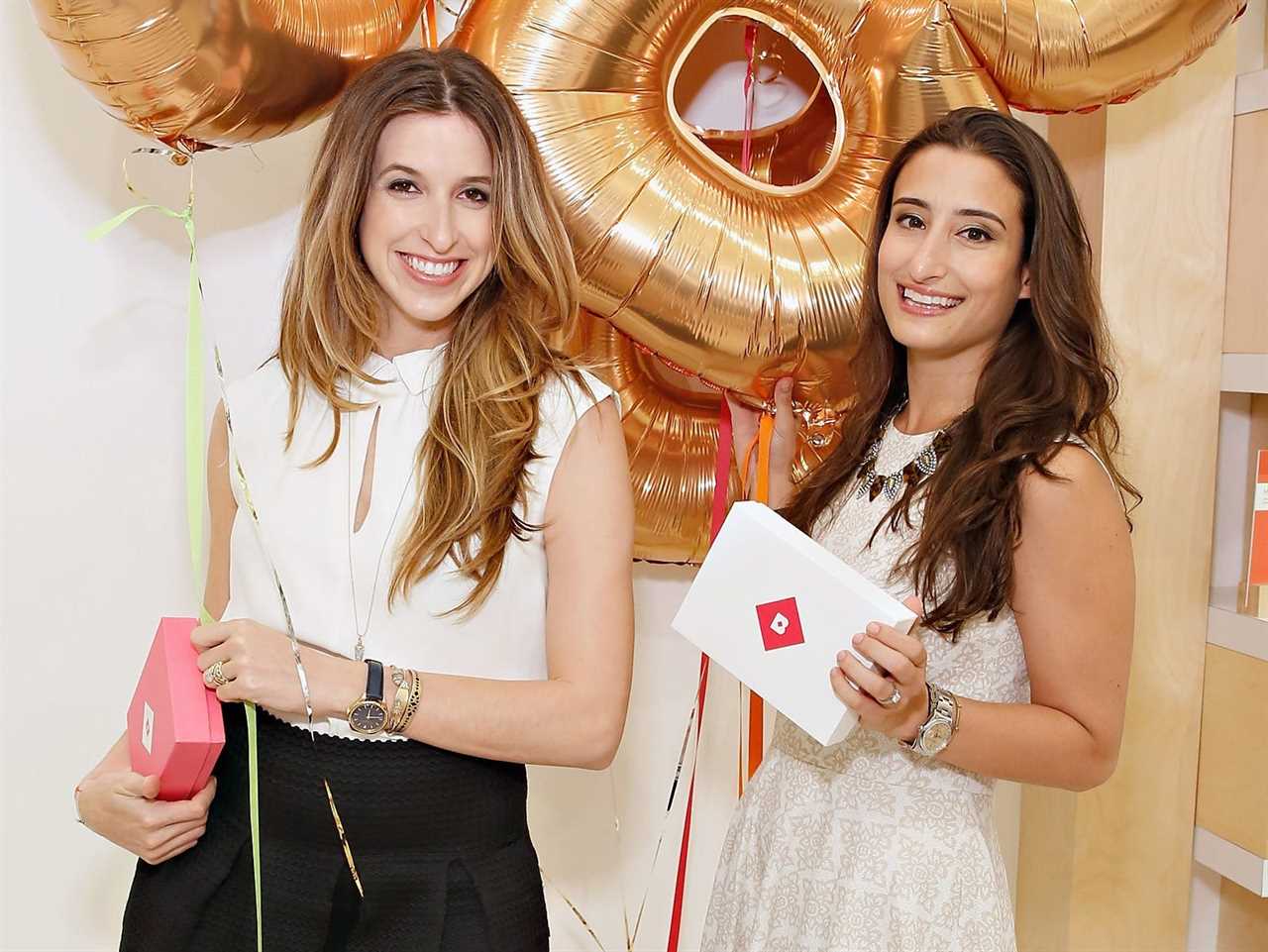
Cindy Ord/Getty Images
Katia Beauchamp and Hayley Barna came up with the idea for Birchbox back in 2009 while they were students at Harvard Business School.
The company was modeled off of what Netflix was doing at the time for movies: sending customers DVDs in the mail for a flat monthly fee. But instead of movies, Birchbox customers would receive designer beauty products, many of them in miniature size, from the likes of Nars and Kiehl's for $10 per month.
"We were inspired by other companies doing similar things — Netflix and Zappos," Beauchamp told Insider in 2011. "Our goal was to change the way that consumers shop online."
Beauchamp and Barna secured $1.4 million in seed funding prior to launch, and by 2011, had raised another $10.5 million in Series A funding from the likes of Accel Partners and First Round Capital. By then, 45,000 customers had signed on for monthly beauty boxes and the company had begun expanding to other categories, like men's grooming.
Birchbox opened its first retail store in 2014 in New York's SoHo neighborhood, where shoppers could test out products and build their own Birchbox. The company also raised another round of funding, this time $60 million, which pushed the startup's valuation to $485 million. By the time it raised its Series B, Birchbox counted 800,000 subscribers and had acquired a French competitor.
The subscription box market quickly became crowded
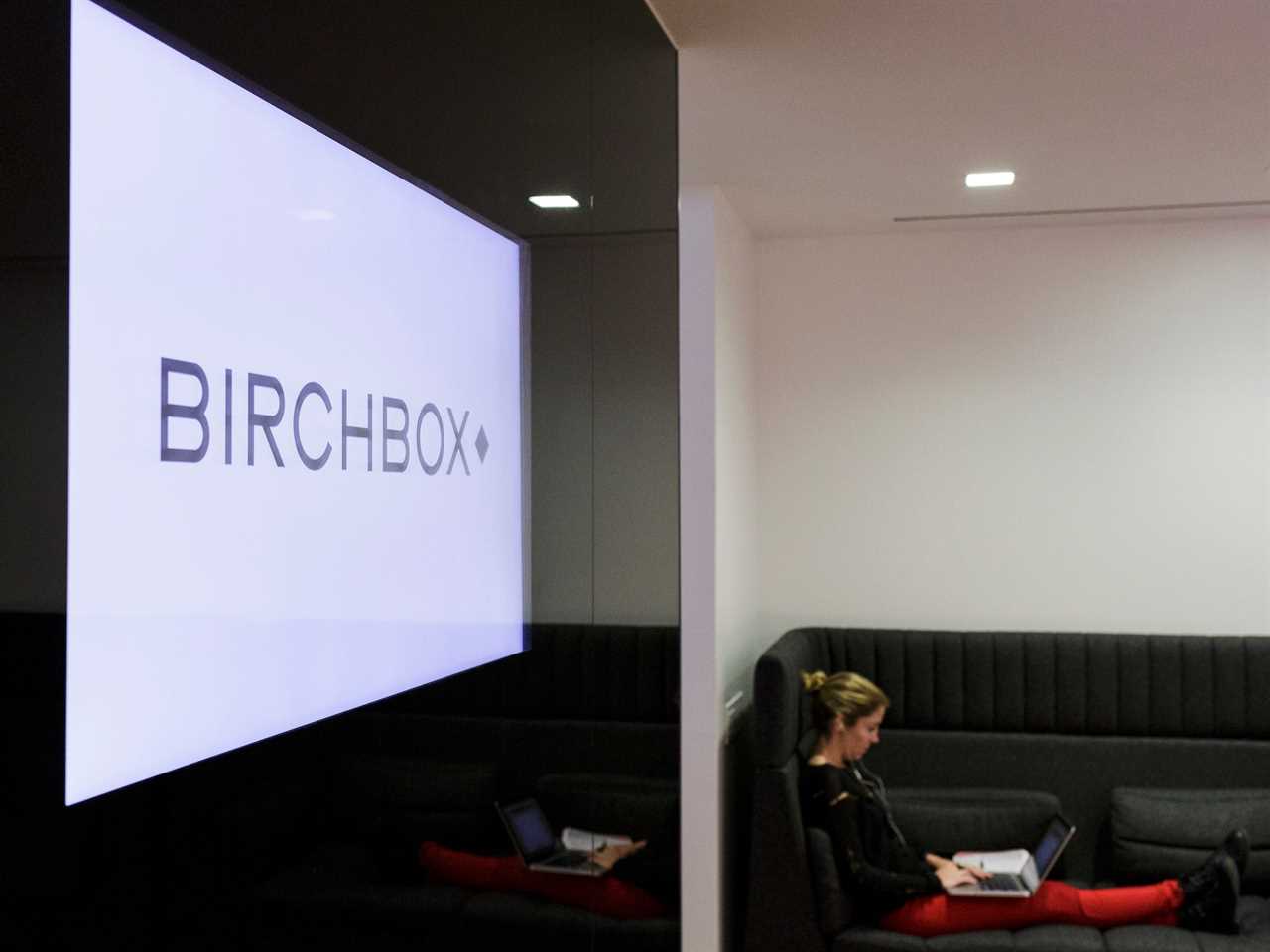
James Leynse/Corbis via Getty Images
While Birchbox was an innovator in the world of monthly subscription boxes, by the mid-2010s you could subscribe to regular deliveries of anything from razors to lingerie to dog food.
But the startup had also spawned imitators in the beauty industry, which meant that Birchbox was losing market share. In 2016, The Wall Street Journal counted at least 300 subscription beauty services and noted that rival service Ipsy was beating Birchbox in terms of subscribers: Ipsy had over 1.5 million, while Birchbox had just over 1 million.
And while Birchbox offered customers the option to buy full-size products after they'd tried the mini version, it didn't result just in more sales for Birchbox — the company was bolstering sales at traditional retailers too. Bloomberg reported Sephora and Ulta were getting a 5% and 6% sales boost, respectively, from Birchbox subscribers. Meanwhile, Sephora had launched a monthly beauty box of its own.
Barna, the cofounder and co-CEO, announced in 2016 she was leaving the company to join venture capital firm and Birchbox investor First Round Capital. That same year, Birchbox started scaling back its growth plans, pausing on new physical store openings, suspending plans to expand in China, shrinking its New York City headquarters space, and cutting about 50 of its 300 employees, The Journal reported at the time.
After funding struggles and layoffs, Birchbox was acquired
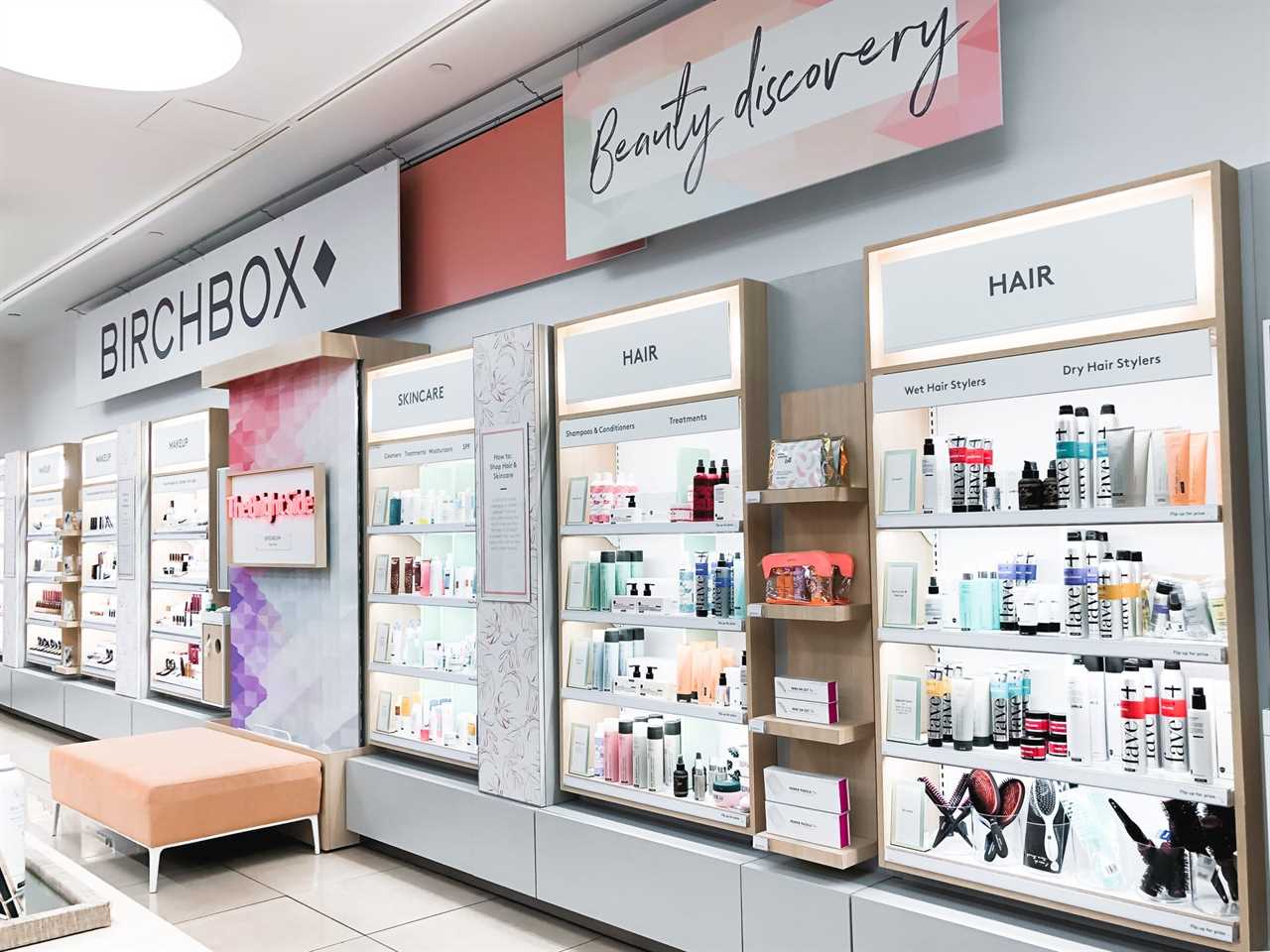
Business Insider/Jessica Tyler
By 2018, Birchbox was struggling to secure more funding or find a buyer. The company ultimately raised debt financing following a $15 million buyout and later struck a deal with Walgreens to install Birchbox shops within select stores. Walgreens also took a minority stake in the company.
Meanwhile, Birchbox's subscriber count was dropping, and the company raised its monthly subscription price for the first time in its history. Birchbox conducted another round of layoffs in early 2020, downsizing its global team by roughly 25%.
In October 2021, Birchbox was acquired by FemTec Health, a startup focused on using technology to "transform the total healthcare experience for women." FemTec Health paid $45 million for Birchbox and the deal resulted in Beauchamp, the remaining cofounder and CEO, leaving and selling her stake in the business. Beauchamp has since become CEO of Victoria Beckham Beauty.
Customers are now accusing Birchbox of having 'vanished'
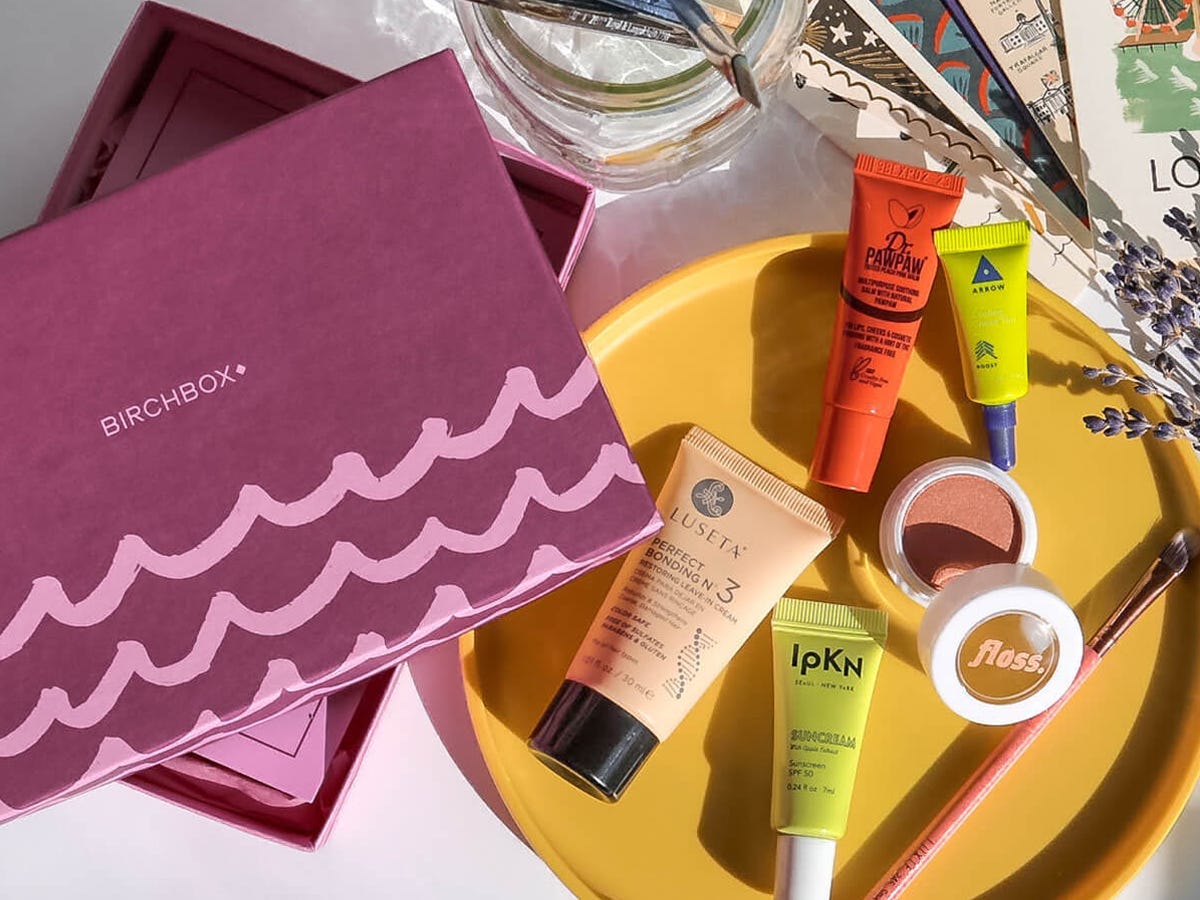
Birchbox
But a year later, red flags had started to appear. An Axios investigation found that FemTec Health hadn't paid some of its vendors and a content creator. Some of those bills still hadn't been paid as of January, and one vendor has taken the company to court over the missed payments, Retail Dive reported. Birchbox was said to be considering filing for bankruptcy in November, WWD reported, around the same time that the brand posted a statement on Instagram acknowledging its struggles.
"Birchbox is facing a host of unprecedented setbacks that are affecting all of you, our cherished members," the post read. "Within the next couple of weeks, we will be able to share details about the future and what you can expect."
But Birchbox hasn't posted since, and the comments on that post and an identical one on Facebook are flooded with frustrated longtime customers, many of whom say they haven't received a box since October.
"What a joke," one Instagram user wrote. "I paid for a year subscription and only got 3 months worth before the company just vanished. And I've been a customer for YEARS."
Birchbox's website also appeared to be disabled for several weeks. Though it has since come back online, it's not possible to complete the check-out process.
"We are experiencing some technical difficulties at this time," the website reads. "Please check back at a later time."
Read More
By: [email protected] (Avery Hartmans)
Title: The rise and fall of Birchbox, the once-buzzy startup valued at nearly $500 million that frustrated customers are now saying has 'vanished'
Sourced From: www.businessinsider.com/birchbox-rise-fall-company-history-2023-3
Published Date: Sat, 11 Mar 2023 12:45:00 +0000
Did you miss our previous article...
https://trendinginbusiness.business/politcal/the-cdcs-response-to-covid-was-a-disaster-can-silicon-valley-get-it-right
.png)





